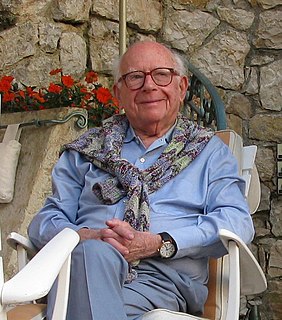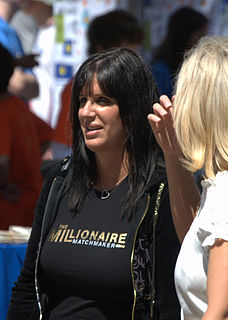A Quote by Victoria Strauss
There's a difference between publicity and marketing. A lot of writers don't realize how much marketing goes on beyond the scenes, with sales reps and advanced reading copies, all that stuff that happens months before a book is published.
Related Quotes
Often in companies, you'll see tensions between sales and marketing. Sales people will want to give discounts to clients because they often get paid a commission based on how much they sell. So they're always pushing to give discounts because that will increase sales. Marketing, however, is judged by overall profitability.
When you're working on a game that has a budget of tens of millions of dollars and you have to sell millions and millions and millions of copies to break even, you have a lot more layers between you and the audience. You have a marketing department, and there's a different marketing department for every continent, and the parent company has stockholders, and all that kind of stuff.
I found marketing to be highly descriptive and prescriptive, without much of a foundation in deep research. I brought in economics, organization theory, mathematics, and social psychology in my first edition of Marketing Management in 1967. Today Marketing Management is in its 15th edition and remains the world's leading textbook on marketing in MBA programs. Subsequently, I wrote two more textbooks, Principles of Marketing and Marketing: an Introduction.
Arthur Hughes is one of the pioneers of modern database marketing. His new book, Strategic Database Marketing, Third Edition, contains the wisdom of twenty years of database marketing experience from scores of companies throughout the US. I can heartily endorse Arthur's book for anyone who wants to know the state of the art in database marketing today.



































